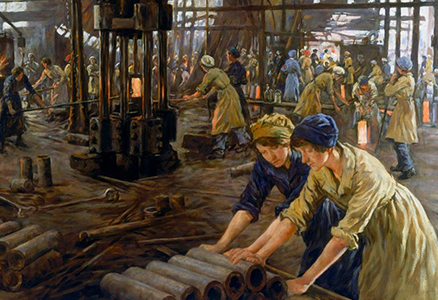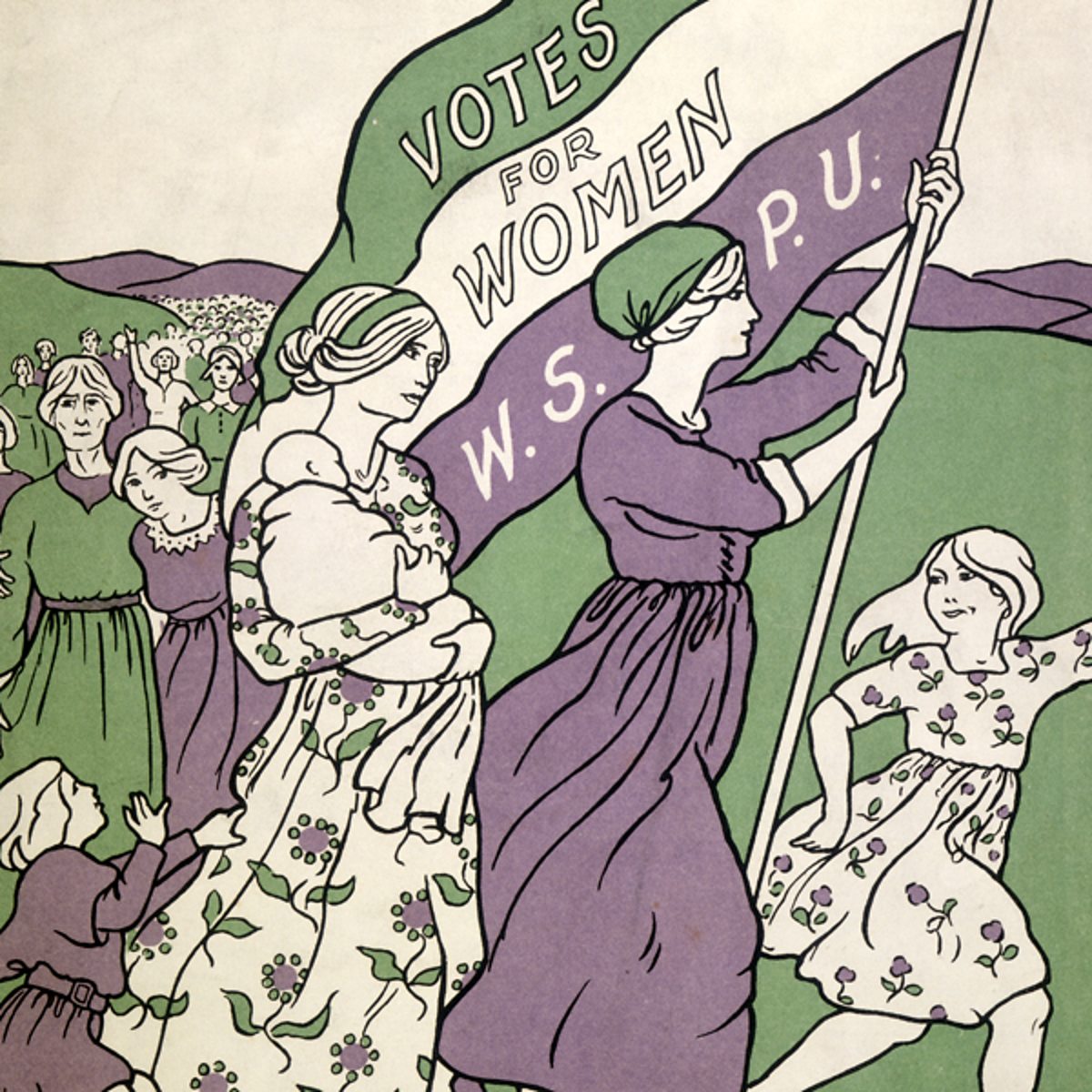Humanities | Choose One Stream
Students in Year 9 are able to choose one area of the Humanities to study in greater depth.
Economics Stream

Overview
Money Makes The World Go Round is a semester length unit essentially on money. Or is it? Students are introduced to the concept of an economy and explore economics on three levels.
Firstly, what does economics mean to me? What is a budget, credit, investments and shares? Students look at ways to manage personal finance and how to better manage money and debt. We explore the share market and other investments and participate in the ASX Sharemarket game. Secondly, we look at what is involved in the Australian economy. How does the government spend its money and where do they get it from? Students look at the role of business in our Australian economy and also the responsibilities of social welfare. Finally, we explore what it means for Australia to be part of the Asia region and global economy. We consider how we see our nation as part of the global world and how globalisation impacts our decision making.
The Geography and History units studied in the other semester of the Economics stream complement the Economic topics. The Geography unit focuses on the ways food is grown and accessed around the world, and how we are globally interconnected through food. The History unit focuses on key events in the making of the modern Australian nation between 1750 and 1918.
Assessment
Unit Assessments could include:
- Research Task
- End of Semester Test
- Significant Events Task (History)
- Case Study Task (Geography)
Geography Stream

Overview
In Year 9 Geography we investigate the ways we are connected to places, and the ways we are interconnected on a global scale. This involves analysing maps, data, videos, and other information about topics such as the clothing industry, social media, sport and world leaders. We also study the different zones of the world known as Biomes, and consider how we can access and grow food within different biomes. We investigate where our food comes from, food waste and food insecurity, and create solutions to these significant global issues. We conduct research out in the field at a local shopping precinct.
The Economics and History units studied in the other semester of the Geography stream complement the Geographic topics. The Economics unit focuses on the concept of economy and on managing personal finances. The History unit focuses on key events in the making of the modern Australian nation between 1750 and 1918.
Assessment
Unit Assessments could include:
- Fieldwork Activity
- Mapping and Data Tasks
- Research Task
- Significant Events Task (History)
- Credit Task (Economics)
History Stream


Overview
In Year 9 History we study the period 1750 to 1918, when the Modern world was made. We investigate the causes and effects of the Industrial Revolution, one of which was the British settlement of Australia. We recognise the impact colonisation had on Indigenous Australia and learn more about the social and environmental consequences of that time.
We learn about social and political developments in the second half of the nineteenth century, and students choose to research an event in greater depth, such as the Eureka Rebellion and women getting the vote, considering different perspectives about the significance of events from this time. Our study concludes by investigating key aspects of World War I and Australia’s involvement, both on the battlefield and the homefront.
Students in Year 9 History develop their historical knowledge and skills, with capabilities that are transferable to many other subjects and situations.
The Economics and Geography units studied in the other semester of the History stream complement the History topics. The Economics unit focuses on the concept of economy and on managing personal finances. The Geography unit focuses on the ways food is grown and accessed around the world, and how we are globally interconnected through food.
Assessment
Unit Assessments could include:
- Document Analysis
- Written Responses
- Research Task
- Credit Task (Economics)
- Case Study Task (Geography)

